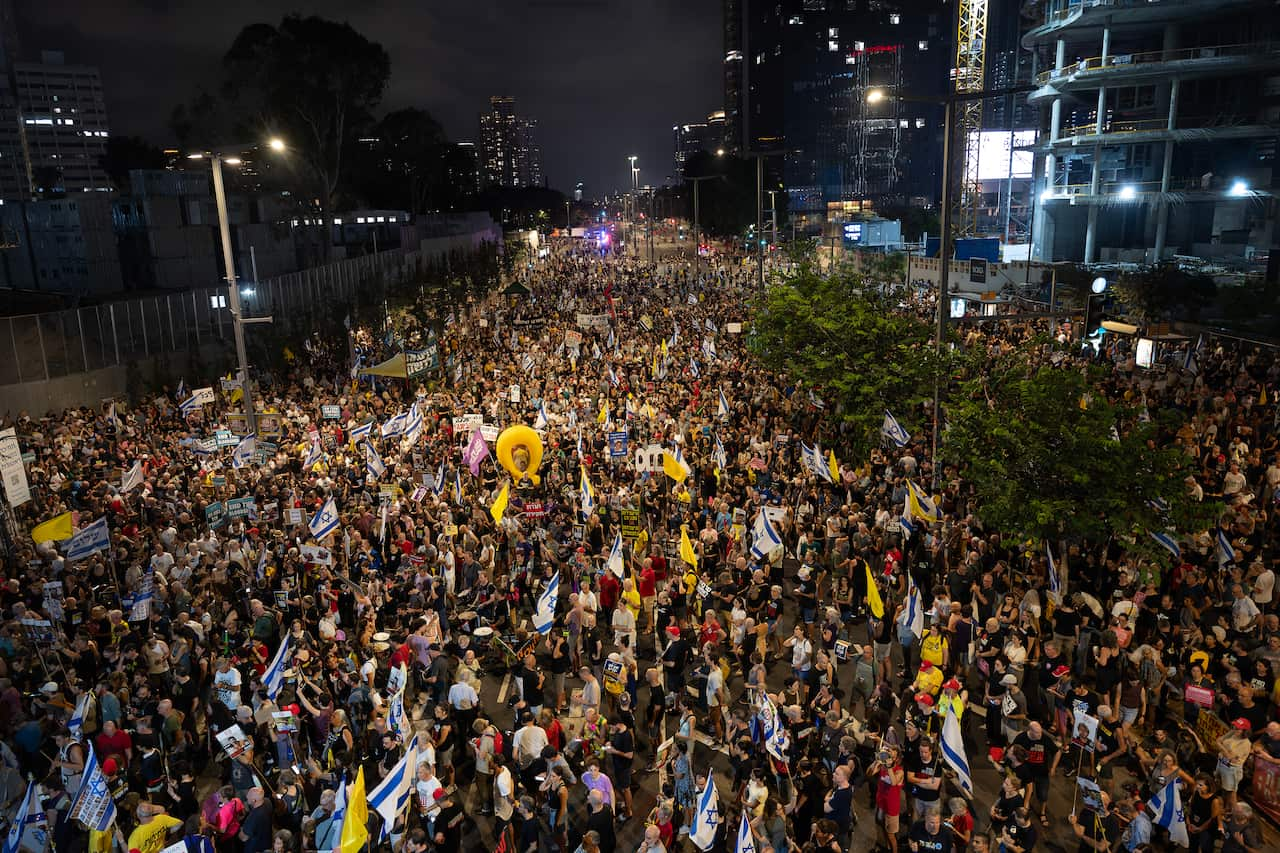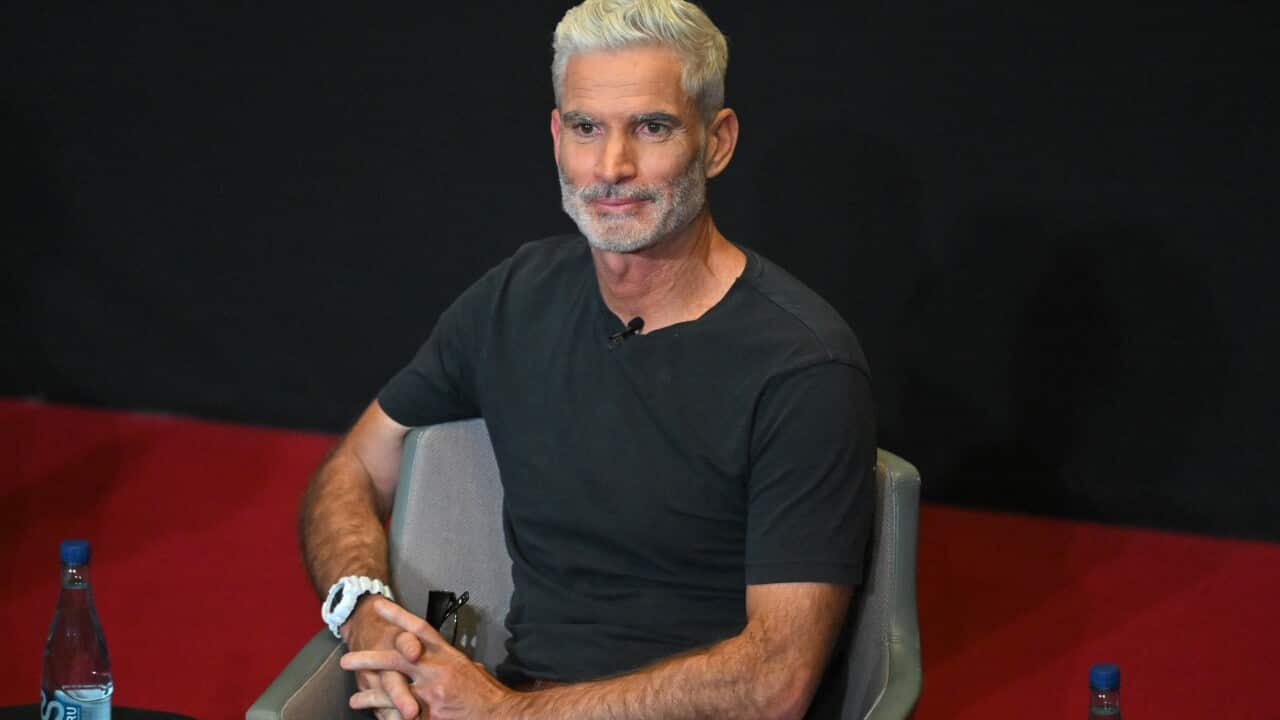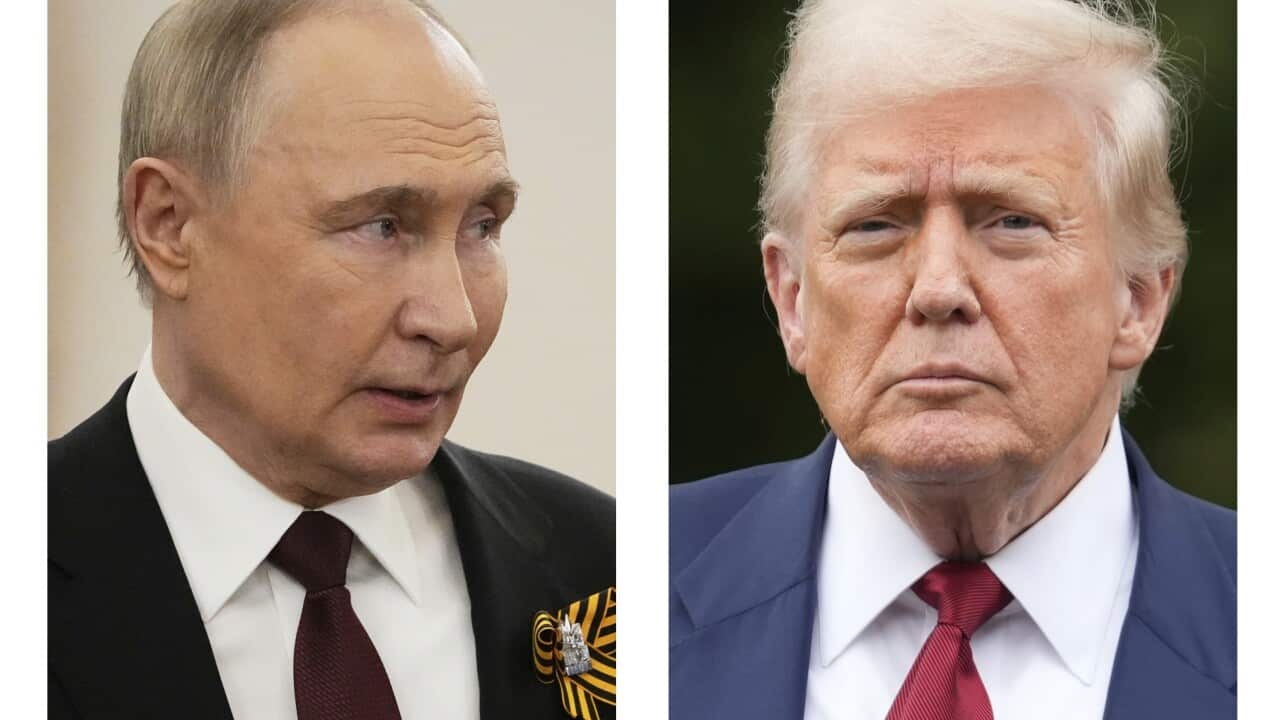Israeli Prime Minister Benjamin Netanyahu said he expected to complete a new Gaza offensive “fairly quickly” as the UN Security Council heard new demands for an end to suffering in the Palestinian enclave.
Netanyahu, speaking after his security cabinet on Friday approved a much-criticised plan to take control of Gaza City said he had no choice but to “complete the job” and defeat Hamas to free hostages seized from Israel.
Netanyahu’s office said on Sunday the prime minister had spoken with US President Donald Trump about “Israel’s plans to take control of the remaining Hamas strongholds in Gaza”.
Earlier in the day, the Israeli leader said the new Gaza offensive aimed to tackle two remaining Hamas strongholds in what he called his only option because of the Palestinian group’s refusal to lay down its arms. Hamas says it will not disarm unless an independent Palestinian state is established.
It was not clear when the offensive, which would be the latest in successive attempts by the Israeli military to clear the militants from Gaza City, would begin.
“The timeline that we set for the action is fairly quickly. We want, first of all, to enable safe zones to be established so the civilian population of Gaza City can move out,” he added.
The city, home to a million people before the two-year-old war, would be moved into “safe zones”, he said. Palestinians say these have not protected them from Israeli fire in the past.
Israel’s military chief has voiced opposition to occupying the entire Gaza Strip and has warned that expanding the offensive could endanger the lives of hostages Hamas is still holding and draw its troops into protracted and deadly guerrilla warfare.
Netanyahu said his goal was not to occupy Gaza. “We want a security belt right next to our border, but we don’t want to stay in Gaza. That’s not our purpose,” he said.
European representatives at the United Nations said famine was unfolding in Gaza and Israel’s plan would only make things worse.
According to the UN, at least 1.9 million people, or about 90 per cent of the population across the Gaza Strip have so far been displaced during the war. Source: AP / Jehad Alshrafi
“Expanding military operations will only endanger the lives of all civilians in Gaza, including the remaining hostages, and result in further unnecessary suffering,” Denmark, France, Greece, Slovenia and the United Kingdom said in a joint statement.
“This is a manmade crisis, and therefore urgent action is needed to halt starvation and to surge aid into Gaza,” they said.
Malnutrition is widespread in the enclave due to what international aid agencies say is a deliberate plan by Israel to restrict aid. Israel rejects that allegation, blaming Hamas for the hunger among Palestinians and saying a lot of aid has been distributed.
The US representative at the Security Council defended Netanhayu and said Washington was committed to addressing humanitarian needs, freeing the hostages and achieving peace.
Netanyahu said Israel was working with Washington on creating a surge of aid into Gaza, including by land.
Thousands protest in Tel Aviv
Meanwhile, thousands of protesters took to the streets of Tel Aviv over the weekend to oppose Netanyahu’s plan to escalate the war, demanding an immediate end to the campaign and for the release of the hostages.
“This isn’t just a military decision. It could be a death sentence for the people we love most,” Lishay Miran Lavi, the wife of hostage Omri Miran told the rally, pleading to US President Donald Trump to intervene to immediately end the war.
Public opinion polls show an overwhelming majority of Israelis favour an immediate end to the war to secure the release of the remaining 50 hostages held by militants in Gaza. Israeli officials believe about 20 hostages are still alive.
Thousands demonstrated in Tel Aviv, calling on the Israeli government to agree to a deal to release all hostages from Hamas captivity, to end the war and to not to go ahead with its plan to occupy Gaza. Source: AAP / Yael Guisky Abas
The Israeli government has faced sharp criticism at home and abroad, including from some of its closest European allies, over the announcement that the military would expand the war.
Most of the hostages who have been freed so far emerged as a result of diplomatic negotiations. Talks toward a ceasefire that could have seen more hostages released collapsed in July.
“They (the government) are fanatic. They are doing things against the interests of the country,” said Rami Dar, 69-year-old retiree, who travelled from a nearby suburb outside of Tel Aviv, echoing calls for Trump to force a deal for the hostages.
Tel Aviv has seen frequent rallies urging the government to reach a ceasefire and hostage deal with Hamas. Saturday’s demonstration attracted over 100,000 protesters, according to organisers.
“Frankly, I’m not an expert or anything, but I feel that after two years of fighting there has been no success,” said Yana, 45, who attended the rally with her husband and two children. “I wonder whether additional lives for both sides, not just the Israelis but also Gazans, will make any difference.”
Protesters waved Israeli flags and carried placards bearing the images of hostages. Others held signs directing anger at the government or urging Trump to take action to stop Netanyahu from moving forward with plans to escalate the war. A small number of protesters held images of Gazan children killed by the military.
Tal, a 55-year-old high school teacher, told Reuters at the rally in Tel Aviv that expanding the war was “terrible,” warning it would result in the deaths of both soldiers and hostages and insisting that the war should end with the military withdrawing.
“We don’t have anything to do there. It’s not ours.”








